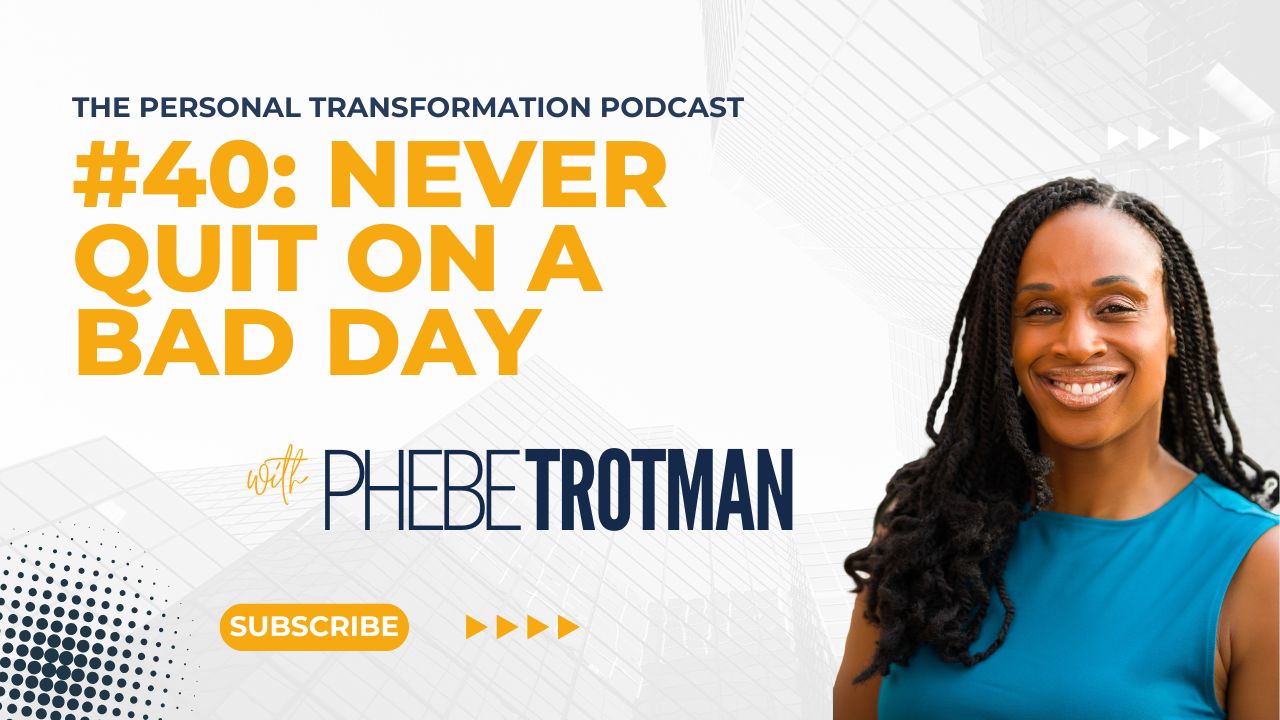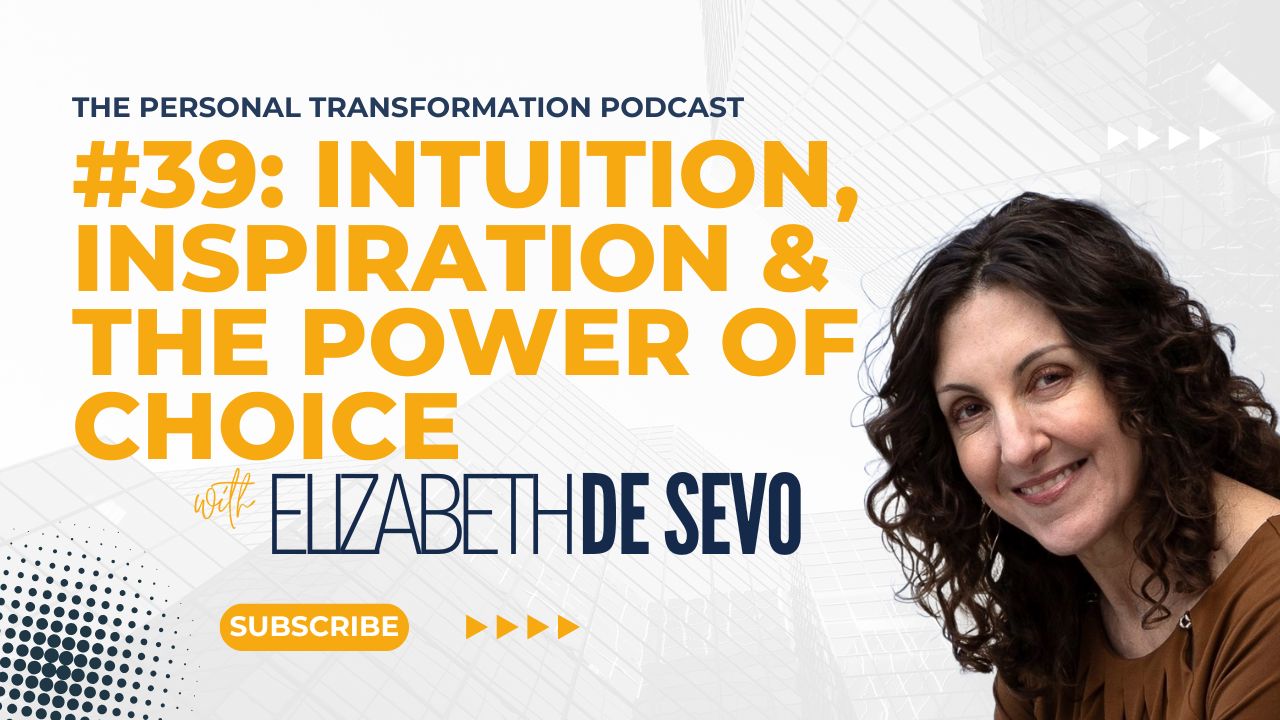If you imagine someone completely focused on achieving their goals, what sort of picture comes to mind? For most of us, we imagine someone working hard, pushing their body and mind to the limits to fulfil their dreams, not stopping until they realise their full potential. Stress and goals just seems to be a necessary combination.
However, that stress could be the very reason we are having to work so hard in the first place.
Neuroscientists can now differentiate between behaviours that are goal-oriented or habitual as they are supported by anatomically different brain systems. Research shows that goal-directed behaviour is related to the prefrontal cortex, whereas habitual activities seem to be coordinated by the dorsolateral striatum.
The reason the prefrontal cortex is so important in goal setting is that this is the area that regulates our thoughts, influences our decision making and helps us plan complex cognitive behaviour. The prefrontal cortex processes information from the other forebrain systems, and then synthesis this to decide what behaviour is best to undertake.
However, the prefrontal cortex is sensitive to changes in stress hormones, particularly cortisol. When we are stressed, the cortisol released switches the prefrontal cortex from a cognitive, goal-directed focus over to a more automatic, habitual behaviour pattern. This is bad news, and is one of the reasons we feel drawn toward a candy crush marathon or Netflix binge when we experience stress and goals and goal-orientated actions drop out of our focus.
Other bad news about stress and goals is that, long-term chronic stress actually causes physiological changes in the brain, actually reorganising the neurons and making us more susceptible to stress for the long run.
Keeping our stress levels down and findings ways to better deal with stress is a neuroscience-based approach to remaining on track with our goals.
Check out these 10 techniques below for reducing stress and maximising goal-directed behaviour.
Write It Down
The prefrontal cortex has an executive function that coordinates information before deciding on a course of action. Our brains have a limited capacity for storing information to process. Miller’s famous research discovered we can hold 7 +/- 2 pieces of information at any one time, so if you are trying to keep everything in your head, no wonder you are getting stressed. Write out your to-do lists and things on your mind to reduce the cognitive load and avoid overworking your brain.
Meditate
The health benefits of mindfulness and meditation have been well documented. Reduced risk of conditions such as coronary heart disease, stroke and other stress-related illnesses have all been linked to various types of meditation. Before you start shaving your head and getting into the lotus position, there are a number of options available to the would-be meditator. Headspace provides meditation in chunks as small as three minutes. Transcendental meditation has fans and advocates such as Arnold Schwarzenegger and Katy Perry. You might be surprised how close your nearest meditation centre could be.
Breathe
One reason smokers feel relaxed after a few puffs is, ironically, due to them breathing properly. The act of deep inhalation and full exhalation has a huge relieving effect on our body and mind, as well as oxygenating our blood to fill us with a little more energy to tackle our daily challenges. Take a moment to breathe deeply (use your Fitbit’s breathing function for guidance if you need it), head out for a brisk walk or try a yoga class that focuses on breathing. Focus on full exhalation to empty your lungs completely and breathe out all of your stress.
Exercise
If you have ever seen a duck get stressed at people invading its space, you will notice that after the drama, the duck gets rid of any remaining anxiety by shaking its tail rapidly. As stress is a physiological response, a great way to alleviate the effects is to exercise and use the stress hormones to create energy for our efforts. Going for a run, hitting a punchbag or getting off the train two stops early and powerwalking home are all great ways of burning off that extra stress and getting fitter at the same time.
Constructive Play
Instead of allowing your stress to result in destructive habits, change what you do when you do feel a little stressed. Rather than indulging in 3-hour Candy Crush binges, try games that will more constructive. Exercises such as Dual N-Back or the Tower of Hanoi will develop your mental function while you take a break from being productive. Think of it as a workout for your brain instead of just escapism. You won’t be able to last too long with these games either as they really tax you mentally, so as well as the brain development, you’ll also be back to work a lot sooner.
Talk
Sometimes we all need a good rant to feel better. It might be that talking about a situation gives you a healthier perspective on the matter or perhaps there is something about moaning to someone that helps get it off your chest. Whatever the reason, a problem shared is a problem halved. Pick up the phone, invite a friend out for a drink or reach out to a perfect stranger if it is a potentially sensitive topic. Just find a way to get it all out.
Get Creative
There is a good reason why there has been a surge in the number of adult colouring books in the last couple of years. While we are lost in the flow of creative juices, we disconnect from the analytical side that is thinking about our issues. By participating in activities like painting, pottery or improv comedy, you are forced to think differently for a period of time. Also, creativity can also stimulate your problem solving abilities, so when you do think about your challenges again, don’t be surprised if you have a few new ideas on how to tackle them.
Sleep Better
Sleep helps us reset the body and get our hormones back into balance, so bad sleep will just perpetuate stress. The good news is there are lots of different ways to improve sleep quality as well as track the improvements. Fitness watches such as Fitbit often include a sleep monitor to let you know how much time you spend in each sleep stage. To increase your deep sleep levels, you can limit your exposure to screens and blue light before bed, try a hot bath before slipping under the sheets or try supplementing with magnesium as a few options.
Sort Out Your Problems
If you have problems and situations causing you stress, it doesn’t matter how many positivity hacks you employ, you will always find stress creeping back in, waking you up in cold sweats in the middle of the night. By tackling your problems head on, not only do you resolve some of the issues causing you stress, but you also gain the self confidence and belief that you can tackle bigger and bigger challenges. Find a way to make progress, no matter how small, on resolving your biggest problems and you’ll sleep a lot better at night.
Volunteer
If you tend to get self-absorbed in your problems, try making someone else the focus of your time. By volunteering for worthy causes, not only do you get a break from your stress, you also have the opportunity to help others less fortunate than yourself. Many companies even offer employees time to volunteer as they recognise the benefits it has to employee mindset and wellbeing. Find a local homeless shelter, care home, children’s hospital or any other cause close to your heart. Just a couple of hours helping other people will change the perspective you have on your own issues.
So maybe stress and goals don’t need to go together after all. Find a way to relax, unwind and de-stress and see the difference it makes in the pursuit of your goals.



Leave A Comment